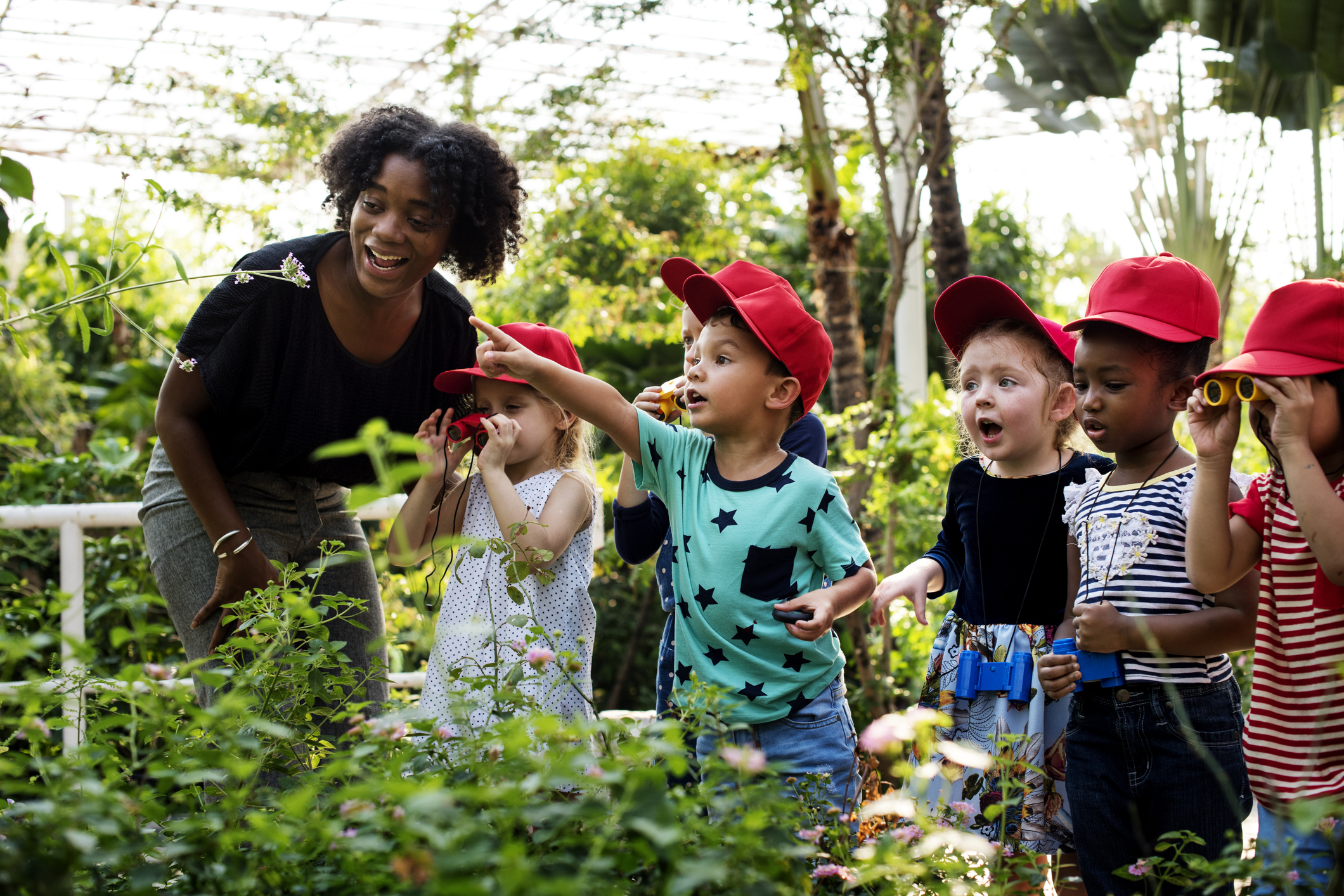Explore resources and activities relevant to field placement seminars. These types of courses, often taken concurrently with early field placement, focus on learning about and reflecting on issues that arise in field placements; observing, reflecting, and responding to the work of children through the use of documentation; and using resources to support children and families. In these types of courses, students reflect individually and with peers throughout their early field placement, using the professional learning community to build deeper understandings of the complexities of day-to-day classroom work, and to support and learn from one another.
Course Activity 1: Supporting Young Children’s Social Development
This video, Supporting Young Children’s Social Development of a talk given by Dr. Lilian Katz addresses a matter of great concern to teachers of young children: their interactions with others. The instructor can play selected parts of it that seem especially relevant to experiences students report having in their placements, and invite students to respond to the ideas Dr. Katz expresses. As an alternative, the instructor might show the entire video (in installments if need be) as the basis for ongoing discussions about what students expect to see in terms of children’s social interactions and development. Questions for reflection/discussion might include: Which of the ideas or principles Dr. Katz discusses do students find helpful? Which do students have questions about? What would they like to learn more about? What behaviors and interactions they observe in their placements make them concerned about particular children’s social development? Which seem to suggest that a child is managing well?
Course Activity 2: Optimal Practices
Used together or individually, these resources can spark discussion about “optimal practices” in teacher-child verbal interactions. The blog, The Power of Open-Ended Questions by Dr. Rebecca Swartz discusses a questioning style that has positive effects on children’s self-expression and learning. The video, An Engineer Changes His Mind is an example of a conversation between a teacher and a child who has built a toy after having drawn and explained a plan he wanted to follow. (Note: Text that accompanies the video includes important contextual information. Students may also want to read the transcript in order to understand all that is being said.) Have students read the blog. Questions for reflection/discussion may include: What experiences have students had with open-ended questions –either asking them or being asked? What other thoughts do they have about this blog post?
Have students view the video, and read the transcript and the accompanying text on their own. Then view the video with the class. Questions for reflection/discussion may include: How would students characterize the interactions between the teacher and the boy in the video? How do they feel about the conversation? How often do they witness interactions like this during the course of a day in their placements? Invite students to comment on the ideas expressed or shown in the resources.
